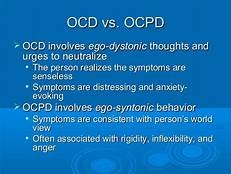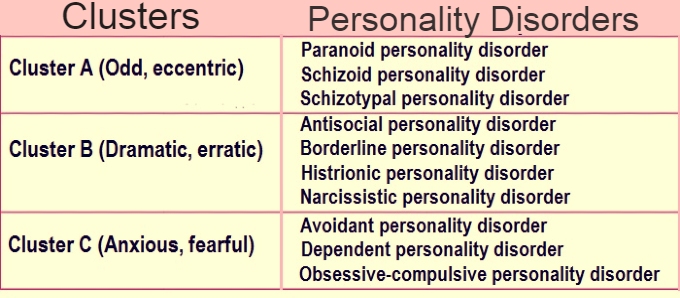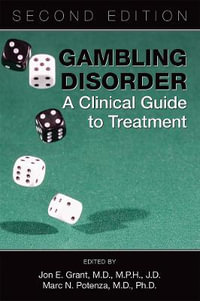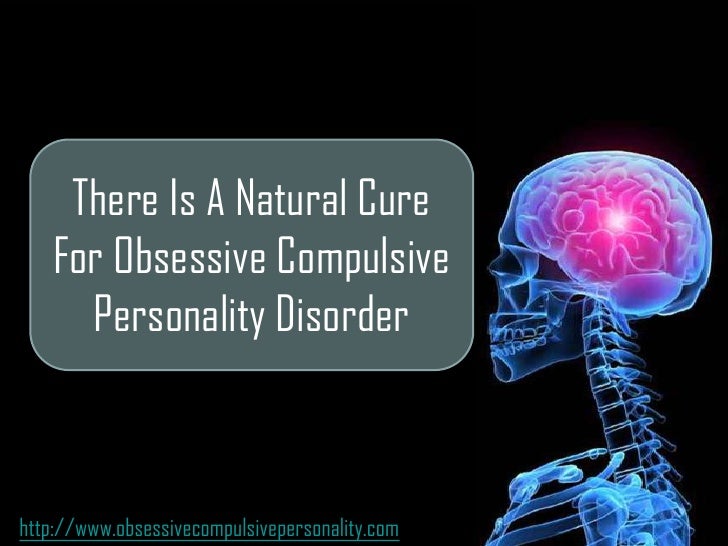treatment for obsessive compulsive personality disorder sorted by
relevance
-
Related searches:
- Thais Souza Wiggers nackt
- helle haut blaue augen rote haare
- babsi nackt
- futa horsecock
- oczy zakochanego faceta
- arianna sinn
- breast expansion ehentai
- Julia Stinshoff nackt
- Willow Sky nackt
- erica lust porn
- katarina schubert nackt
- Amy Lynn Baxter nackt
- Daniella Perkins nackt
- hot naked teen ass
- ava max bikini
- licni kontakti sa brojem telefona ona trazi njega beograd
- dicke madchen nackt

Admin24.08.2021
2304

Admin02.09.2021
2200

Admin01.08.2021
3706









